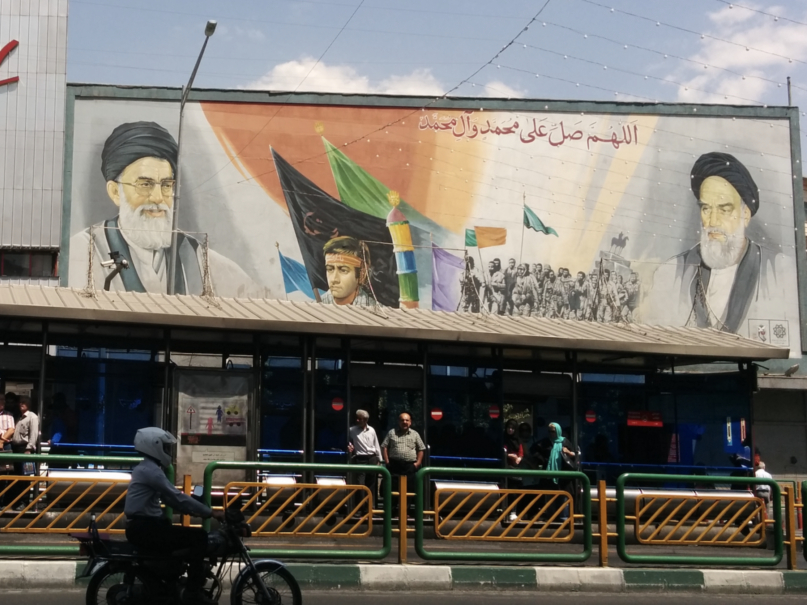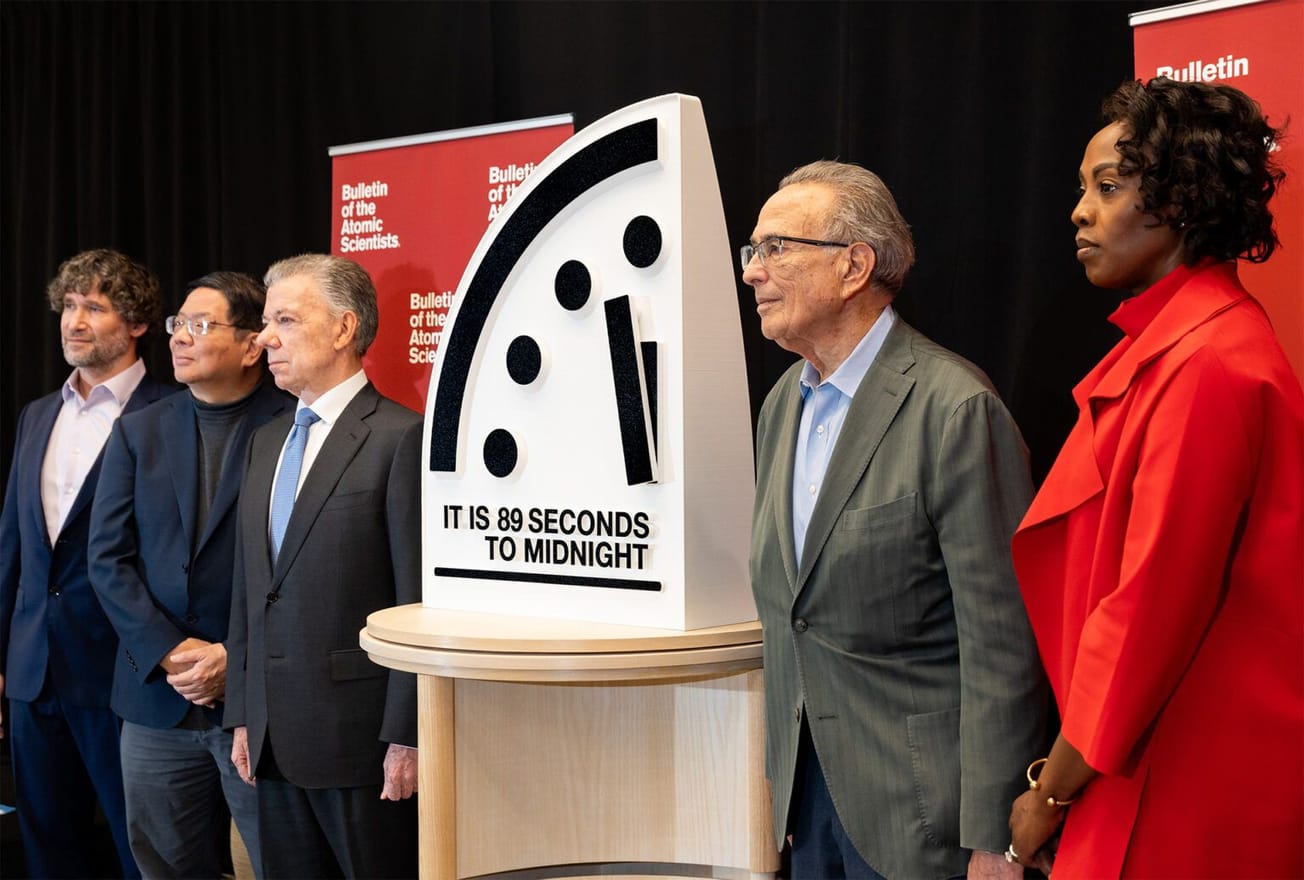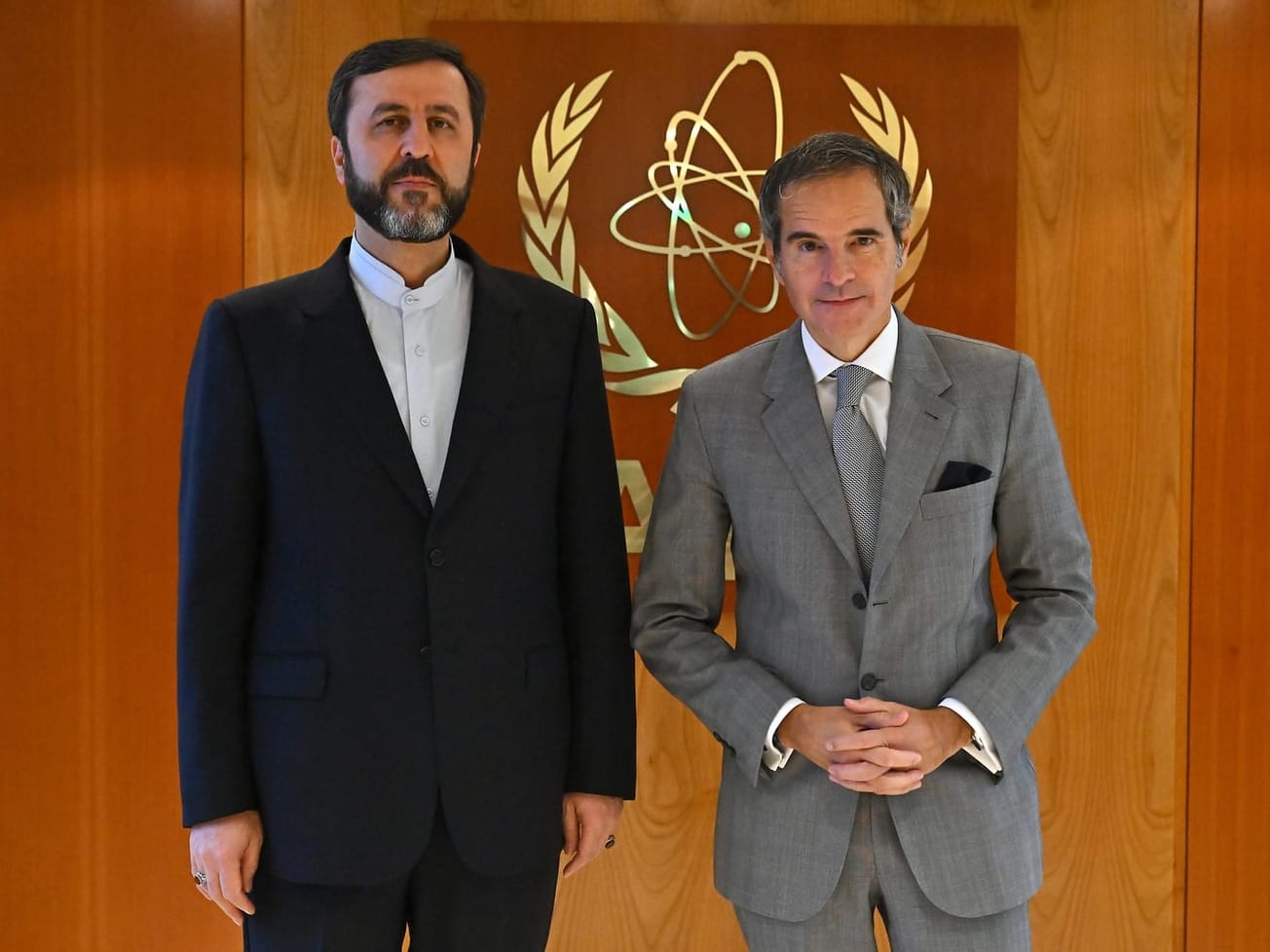WASHINGTON (AN) — The gambit to allow Iran's economic opening to the West in exchange for curbs on its nuclear ambitions now depends on its European, Russian and Chinese trading partners, as the U.S. reneges on the 2015 nuclear deal and reimposes sanctions.
With U.S. President Donald Trump's decision to withdraw from the Iran nuclear deal and to reintroduce U.S. sanctions on the Mideast regional power this month, the United States has ratcheted up the pressure on Iran's struggling economy and ruling regime while further inflaming transatlantic tensions.









